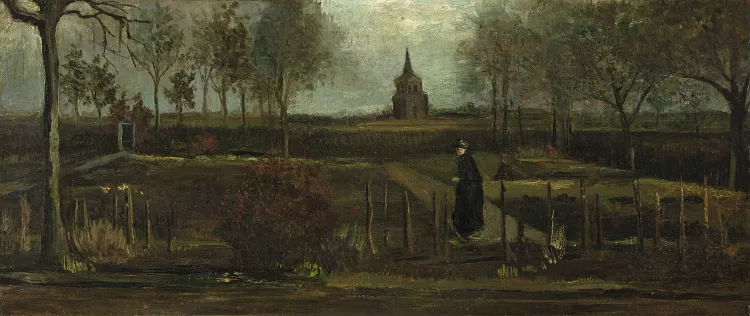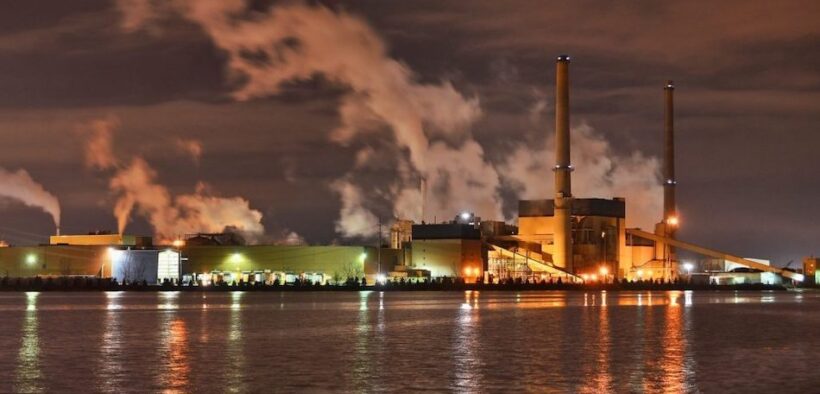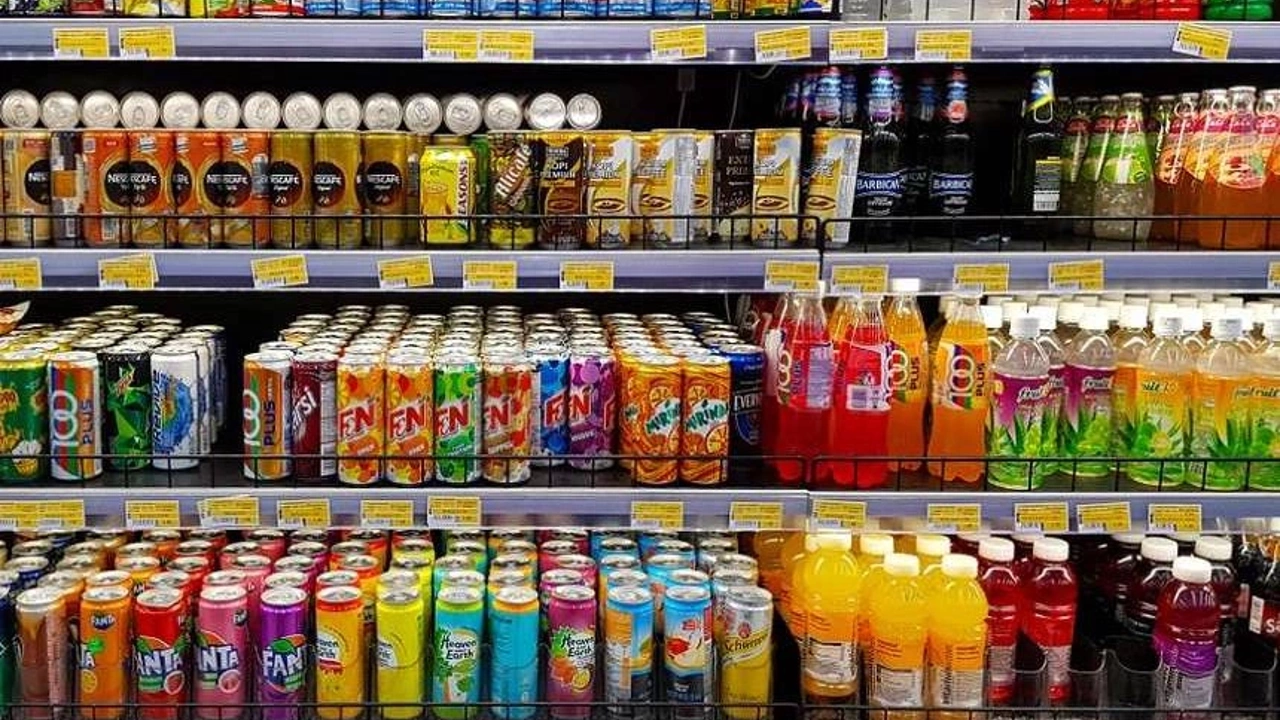A painting by Dutch painter Van Gogh, stolen from a museum three and a half years ago during the coronavirus outbreak, was found.
Art detective Arthur Brand said: “Confirming that the painting was the stolen Van Gogh was one of the best moments of my life.”
Richard Bronswijk from the art crimes unit of the Dutch police said, “Arthur Brand solved this problem in cooperation with the Dutch police. The painting is absolutely real, there is no doubt about it.”
Detective Brand received the lost painting “Parsonage Garden in Nuenen” dated 1884 at a house in Amsterdam.
The painting, estimated to be worth three to six million Euros, was stolen from the Singer Laren Museum on March 30, 2020.
In the video published by the Dutch police shortly after the robbery, it is seen that a thief broke the glass door of the museum near Amsterdam at midnight and ran away with the painting hidden under his arm.

‘The Indiana Jones of the art world’
Dubbed the ‘Indiana Jones of the art world’, Brand made a name for himself by retrieving stolen works of art, including bronze statues of “Hitler’s Horses”, a Picasso painting and a ring belonging to Oscar Wilde.
The whereabouts of the Van Gogh painting were unknown until two weeks ago. However, one person called the detective and said he wanted to return the painting.
Brand noted that an unidentified man delivered the painting to him in a blue IKEA bag and a pillowcase.
A video the detective released shows him “opening the painting in the living room and being stunned by the discovery.”
Thief sentenced to 8 years in prison
In April 2021, police arrested a man identified by Dutch media as Nils M. on charges of theft. Nils M. was later sentenced to eight years in prison.
Nils M. was also found guilty of stealing Frans Hals’s “Two laughing children” in another robbery.
Brand said that a few months after the theft, he learned from a source in the criminal world who had bought the Van Gogh painting from Nils M.
The art detective said the man is currently in prison on a separate case involving the import and export of cocaine. Dutch media announced that this person was Peter Roy K., who was sentenced to 12 years in prison, and that he asked for a reduction in his sentence by using the painting as collateral. Confirming the identity of Peter Roy K., Brand noted that “there will be no agreement to reduce the sentence.”
The Van Gogh painting was returned to the director of the Groningen Museum, who had loaned it to the Singer Karen Museum.




















































